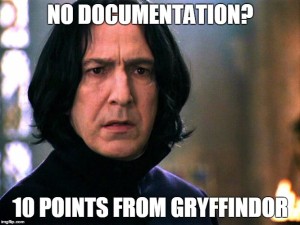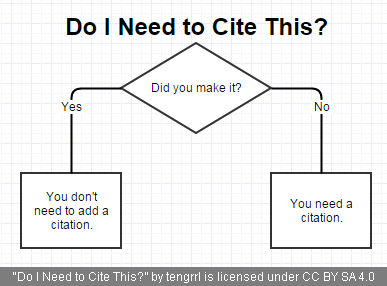This is the post for the Monday, April 25 through Monday, May 2, 2016 class meetings.
Due Dates for the Rest of the Term
- Tu, 4/26: Post your rough cut/draft or prototype by 11:59 PM for peer review (no grace period)
- We, 4/27: Give peer review feedback to two classmates by 11:59 PM (no grace period)
- Fr, 4/29: Submit a revision plan for your project by 11:59 PM
(grace period ends at 11:59 PM Su, 5/1) - Mo, 5/2: Continue work on your project, following your revision plan.
- We, 5/4: Last day of class. Come to class for submission instructions, exit survey, and other final comments.
- We, 5/11: Project 4 grace period ends at 5:25 PM.
Individual Conferences
See the complete details in Friday’s post. We will have conferences 4/27, 4/29, and 5/2 (WFM). Classes will not meet to allow time for everyone. Conferences are not mandatory. Sign up in the Scheduler tool in the Calendar (Canvas Documentation). Sign up is first-come, first-served. You may sign up for more than one.
Peer Review Submission on Tuesday, 4/26
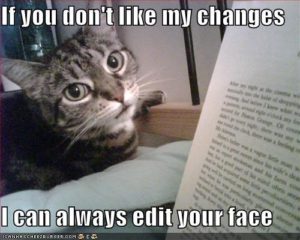 Post your link in the Peer Review for Project 4 Discussion in Canvas (Canvas Documentation) for peer feedback by 11:59 PM on Tuesday, April 26 (no grace period).
Post your link in the Peer Review for Project 4 Discussion in Canvas (Canvas Documentation) for peer feedback by 11:59 PM on Tuesday, April 26 (no grace period).
Follow the directions in Canvas. Submit whatever you have. You can add details in your post on any significant work you still need to do.
Providing Peer Review Feedback on Wednesday, 4/27
At 12:03 AM Wednesday, Canvas will automatically assign you two classmates, whom you will provide with peer feedback. Respond to the two drafts you have been assigned for Peer Feedback, following the instructions in the Peer Review for Project 4 Discussion in Canvas by 11:59 on 4/27 (no grace period).
Writing Your Revision Plan on Friday, 4/29
Write your revision plan, using a word processor, following the instructions on the Revision Plan page. Find the information on revision plans on pp. 116–118 of Writer/Designer. Write and submit your revision plan for Project 4 by 11:59 PM on Friday, 4/29. The grace period ends 11:59 PM Sunday, 5/1.
Keep Working on Monday, 5/2
Continue work on your project, following your revision plan. If any questions come up, email me. Ideally, you will have your project nearly complete by the end of Monday. You should be ready to turn in your project on Wednesday, 5/4. If you use the grace period, you have until 5:25 PM on Wednesday, 5/11.

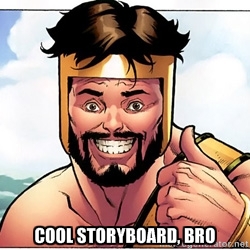 These examples show the mockups and storyboards that students created for projects in the past:
These examples show the mockups and storyboards that students created for projects in the past: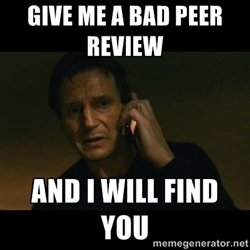 Any questions about
Any questions about 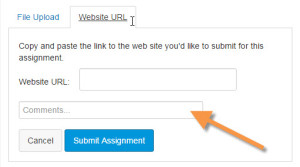
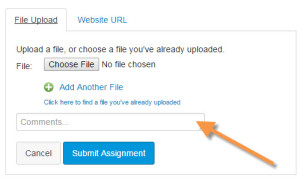
 Any questions about
Any questions about 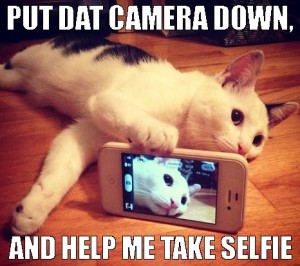 From now on, if you have an excused absence, please email me the details rather than just telling me in class. You can tell me too, but I will update Canvas when I get an email with documentation from you, the Dean, or Schiffert.
From now on, if you have an excused absence, please email me the details rather than just telling me in class. You can tell me too, but I will update Canvas when I get an email with documentation from you, the Dean, or Schiffert.
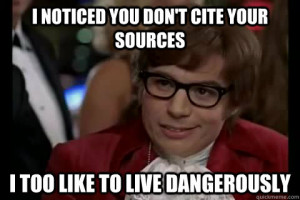 Extra Credit Activities
Extra Credit Activities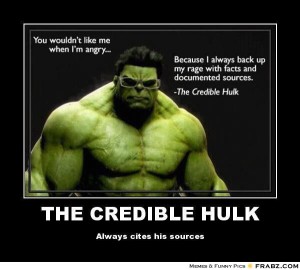 Extra Credit Activities
Extra Credit Activities